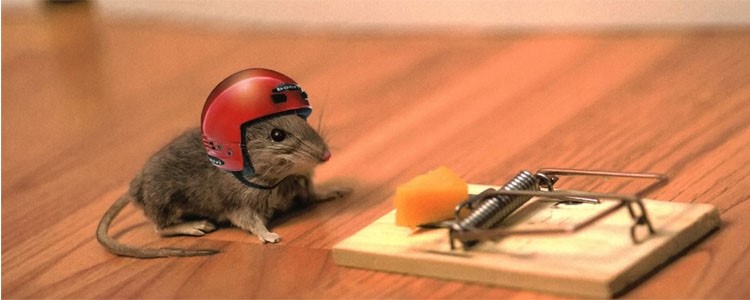
In a recent episode of the Tim Ferriss Show podcast, he interviewed Cheryl Strayed, author of the books Wild and Tiny Beautiful Things. In the interview, she discusses failure and creativity. This is a common topic and all the experts agree that you must be comfortable with failure. It’s important to learn and grow from it instead of being defeated by it. Others also recommend failing frequently and failing fast. They argue that the faster your initial creative idea fails, the sooner you attempt a different approach. The more attempts you make, the more likely you are to find a creative solution that works.
Everyone has heard the quote by Thomas Edison that he did not fail when inventing the lightbulb, he succeeded in finding 10,000 ways not to make a lightbulb. Can you imagine if he had waited until he was positive that one of his ideas would work before he built the final prototype and tested it? We’d still be waiting for electric light in our homes.
Strayed does not disagree that failing fast and failing frequently has a positive influence on creativity. However, her point is that you also need to fail sensibly. Take the time to learn from your failures. Discover what went wrong and why it did not work before you try a different approach. You certainly need to take the time to pull your creative idea together and test it before rushing to take it public (or to your boss).
This last opinion contradicts the opinion of other highly creative people. In Your Creative Mind, author Scott Cochrane states that groundbreaking innovations are brought to market by people who are willing to release their product before it is perfect. They simply fix it as they go. This theory makes sense in some industries, such as technology, but I would challenge that a company releasing a product that they know is flawed could have disastrous results on their reputation. It could also result in severe safety issues in some cases. However, if you put Cochrane’s and Strayed’s statements together, then you have the recipe for productive and positive failure.
So, as you start your next creative endeavor, make sure you Fail … Like a Genius.

